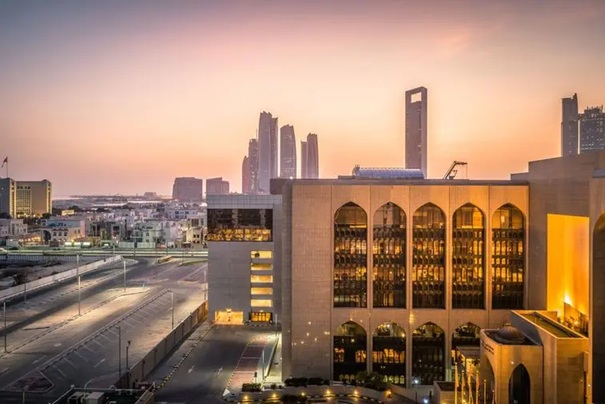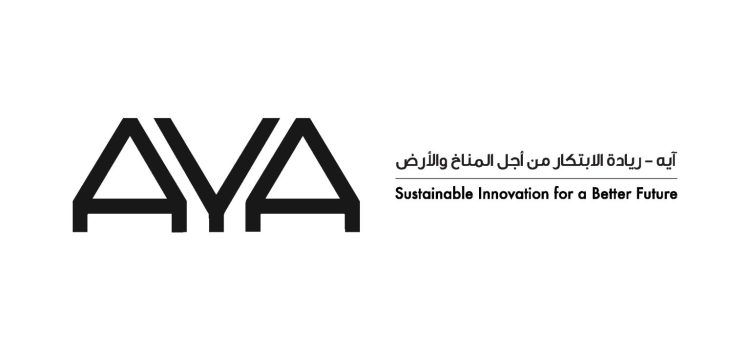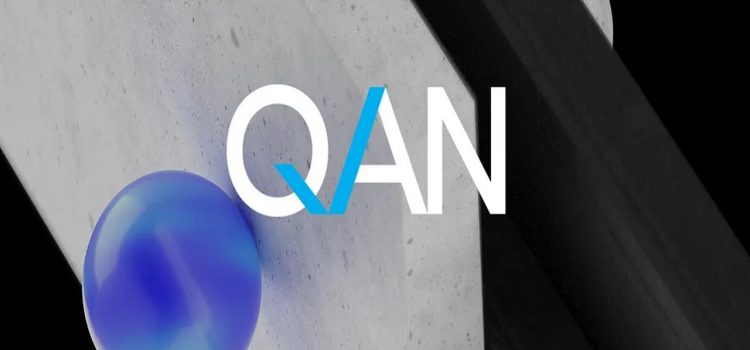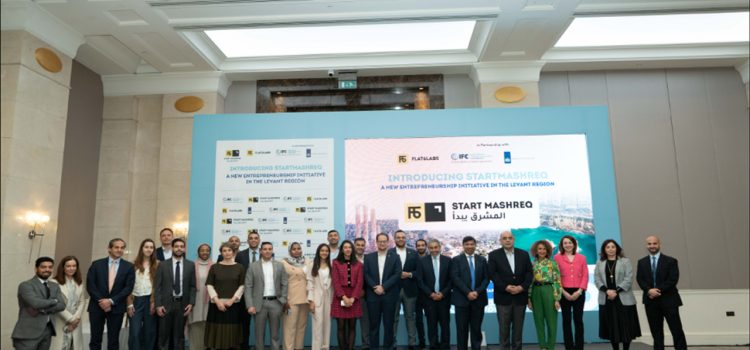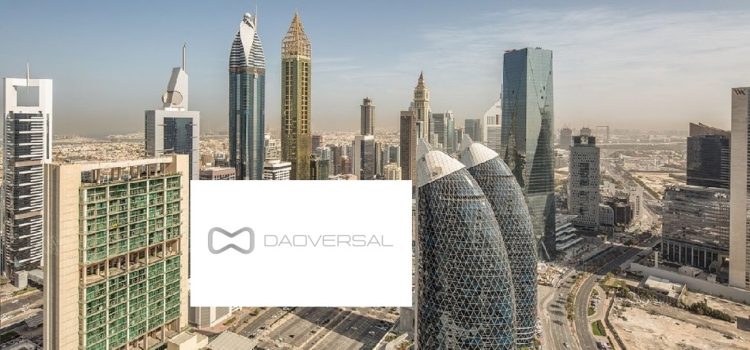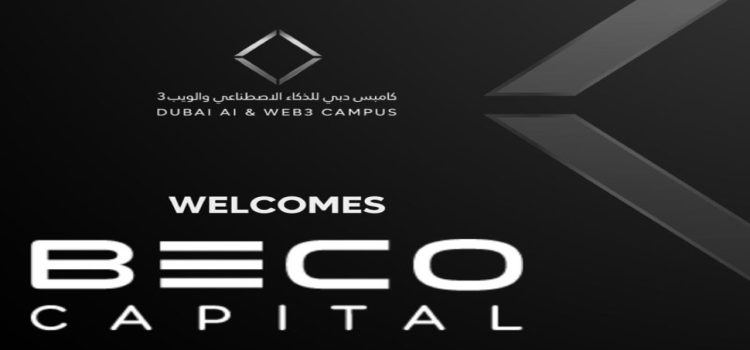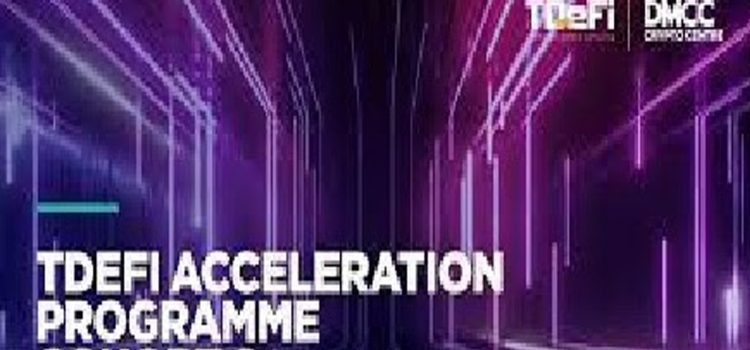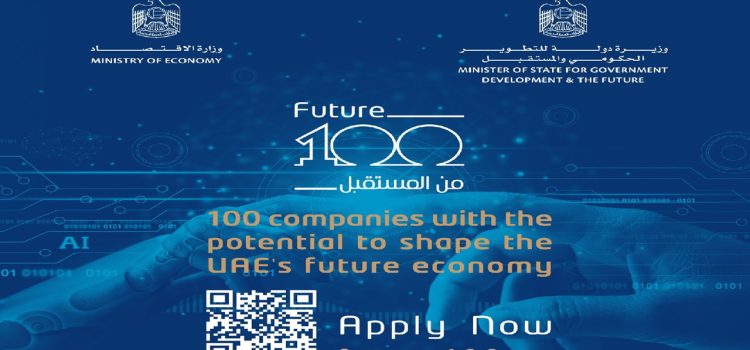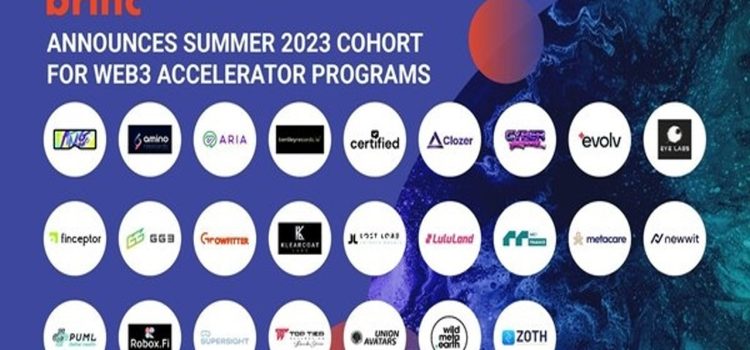UAE Enjinstarter launched in 2021 as a Launchpad, incubator, crowd funding, and advisory platform for Web3 metaverse, gaming, entertainment and impact and sustainable projects has announced the launch of AYA, ( means miracle in Arabic) dedicated to empowering innovators to tackle climate challenges.
“MENA is at the forefront of climate change, with temperatures expected to rise by 2.5 degrees by 2050. The UAE is emerging as a global leader in sustainability and Web3, attracting builders, investors, and climate warriors,” says Prakash Somosundram, our CEO.
With a focus on areas like reforestation, mangrove conservation, and sustainable agriculture, AYA aims to bridge the climate financing gap, offering a platform for high-impact startups to access innovative technologies, raise funds, and leverage tokenized carbon credits.
At the beginning of 2023, Enjinstarter appointed Vasseh Ahmed as the new Managing Director to lead the Web3 efforts in the MENA region. Vasseh spoke with LaraontheBlock discussing Enjinstarter’s plans to help companies reach their Web3 ambitions while positioning Enjinstarter as the go to provider for impact and sustainability projects.
In the interview Ahmed states, “Web3 has a major role to play in addressing the climate crisis. Carbon credits, in particular, can benefit from Web3’s underlying technology to increase transparency and accessibility. We want to support projects that are looking for ways to shift incentives away from exploitation and toward preservation and regeneration.”
In May 2023 EnjinStarter MENA, a web3 Launchpad and incubator, became the first Launchpad globally to receive initial approval by Dubai’s virtual asset regulatory authority.
UAE based Solarix Ventures is seeking to invest in Web3 technology entities and will be participatiog at the Abu Dhabi Family office Summit on the 23rd of November 2023.

